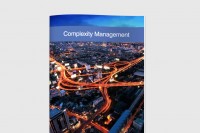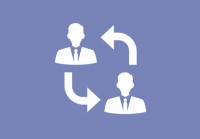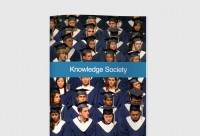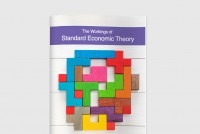The Nature of Wicked Problems
With developed economies reaching the end of the process of industrialization we have witnessed the rise of new forms of highly complex challenges that have moved to the forefront of social concerns. Challenges such as climate change, inequality, environmental degradation, terrorism, global financial instability, multicultural integration or cyber security.
These are challenges of a qualitatively different kind to the core issues we faced during the process of industrialization. If we turn the clock back a hundred years or two hundred years the kind of challenges we faced, although complicated were much simpler in their nature. The challenge of building and coordinating the railroads, of building the modern nation state, and the bureaucracy required to provide its public services effectively, we had the challenge of building skyscrapers for the first time, of flying around the world or landing someone on the moon. Today we can manage complicated rail networks that span the entire European continent, we expect to have a nice meal and watch a film while on flight to the other side of the planet and we can build skyscrapers, virtually anywhere in the world, like we are cutting out cookies.
All though these problems are certainly not simple, they are of a different nature to a problem like escalating inequality and it is these complex systemic challenges that are a central part of 21st Century reality. In fact, we may note that many of these wicked problems can be understood to have derived from the set of solutions we developed during the Industrial Age. These industrial age systems of organization that were once great achievements have in many ways reached the end of their life cycle and we are left with some of the limitations in their initial design, the combustion of fossil fuels that served us so well for centuries, being a classical example. As Einstein would say “We can’t solve problems by using the same kind of thinking we used when we created them.” These wicked problems we face today require a new skill set and new more collaborative systems of organization to tackle.










